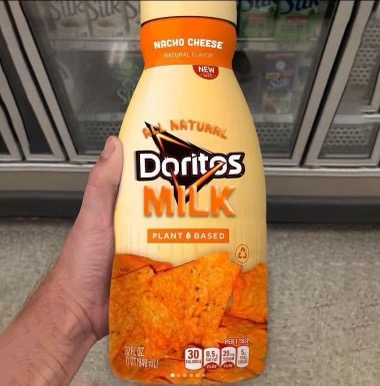

I’m bothered when ever I hear someone use females as a collective noun for women. Not necessarily because it offends me or because I’m offended on behalf of someone else, but because it sounds so strange to me and the context where it is used is often wildly inappropriate.
The usage is odd; in my experience people who refer to women collectively as females often do not refer to men collectively as males which is often telling about other beliefs and ideas. Also, male/female and man/woman are dichotomies, and using men/females sounds really off.
Referring to people using technical terminology feels reductive and weird to me. Replace female with any other technical identity term and use it the same way: it will get really awkward really fast.
I am aware that the majority of people who use females collectively are not doing so to offend. Hell, the other day, I heard a teacher refer to the girls in her class as females. I doubt she was using it as a pejorative, but she referred to the boys as… boys. The whole thing was weird to me.







I think the difference is that one case is a collective noun and the other is a fallacy.
Contrast with using females as a collective noun which can been seen as reductive or offensive on its own without the fallacious logic.